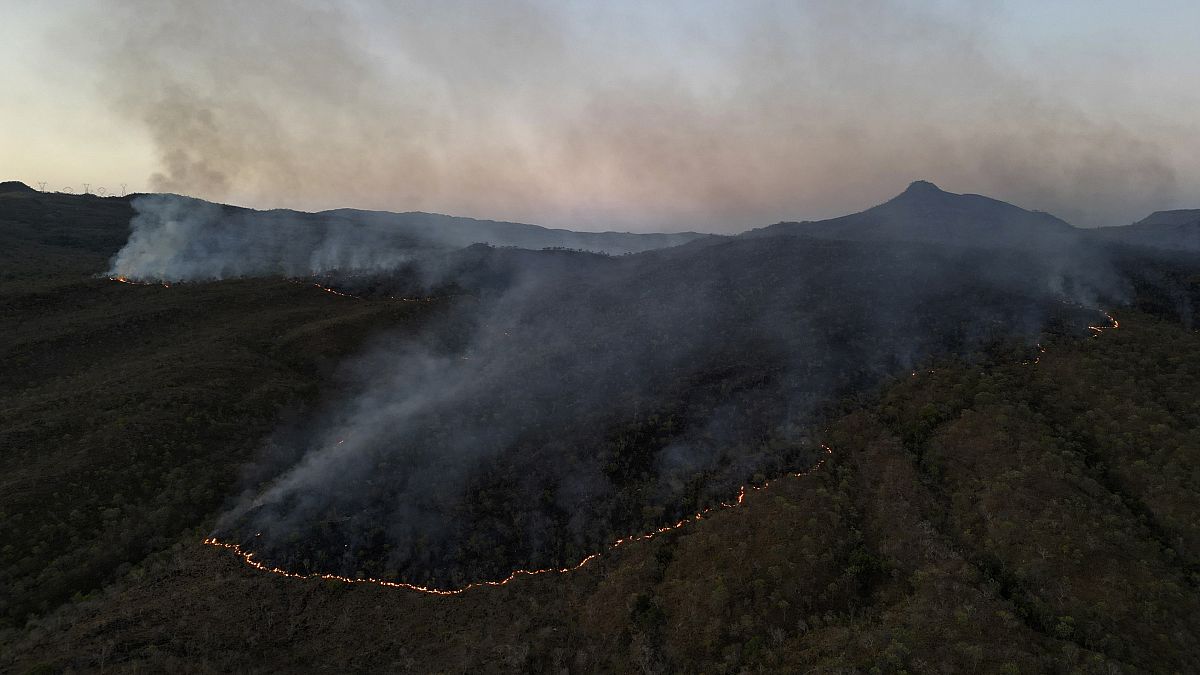The European Parliament recently voted to postpone and make changes to its ‘deforestation law’ which requires importers of specified raw materials into Europe to adhere to due diligence obligations. The law aims to ensure that products such as beef, cocoa, coffee, palm oil, rubber, soy, and wood do not come from deforested land, and importers must guarantee full traceability. The legislation was introduced to reduce the link between European demand and global deforestation, with EU consumption responsible for approximately 10% of global deforestation. However, a right-wing majority in Parliament pushed for amendments to weaken the provisions, leading to a contested vote.
The European Union had initially approved the deforestation law in 2023, with provisions set to become binding by the end of 2025 for large enterprises and mid-2026 for small and micro-enterprises. Last October, the European Commission proposed to postpone the deadlines by one year to allow for a proper implementation process. While EU countries and the Parliament approved the delay, the Parliament also introduced eight new amendments to the text, which must now be approved by the Council of the EU. These amendments aim to streamline the process and reduce burdens on importers, but environmental NGOs argue that they may lower compliance standards.
One of the key amendments introduced a new category of “no-risk” countries for deforestation, alongside the existing “low”, “standard”, and “high-risk” categories. This classification would apply to countries with stable or increasing forest area development, leading to less stringent requirements. Another amendment stated that products from “no-risk” countries could be placed on the EU market if they meet the relevant legislation of the country of production and fulfill documentation requirements. The entire legislative text will be reviewed and approved again by the European Parliament and the Council, with the European Commission having the option to withdraw the proposal or oppose the approved amendments.
The postponement and amendments to the deforestation law were supported by a coalition of right-wing parties in Parliament, which some refer to as the “Venezuela majority”. This coalition includes parties such as the European People’s Party, European Conservatives and Reformists, Patriots for Europe, and Europe of Sovereign Nations. The shift towards a right-wing majority in Parliament could have implications for future environmental provisions and the overall direction of the Green Deal. This change may also impact the political direction of the next European Commission, as its composition is currently being negotiated.
Environmental groups, including Greenpeace, have expressed concern that accepting a watered-down version of the deforestation law could signal a reversal of other elements of the Green Deal. The Parliament’s vote places Commission President Ursula von der Leyen in a challenging position, as the amendments were introduced by her own European People’s Party. The decision reflects a growing trend within the EPP faction to push back against environmental protection efforts by the Commission. As discussions continue on the future of the deforestation law and other environmental initiatives, the outcome remains uncertain.











